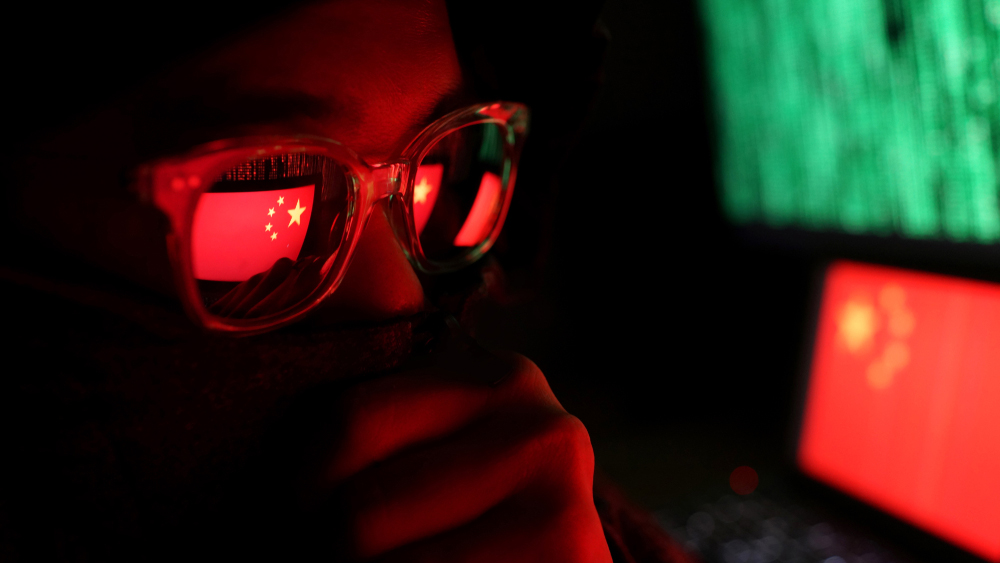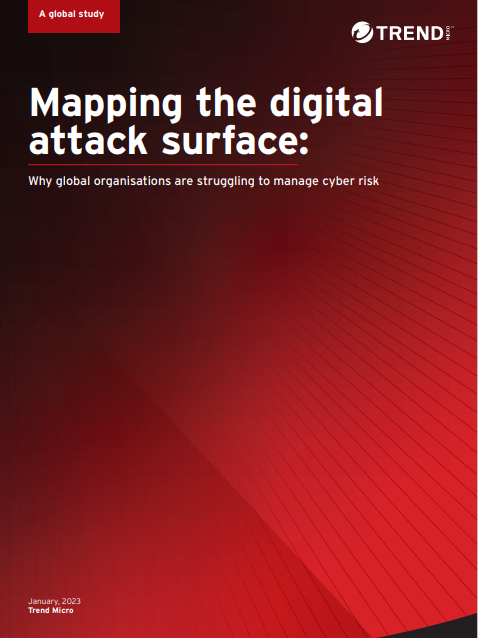MI5 to establish new security agency to counter Chinese hacking, espionage
The new organisation has been compared to GCHQ’s NCSC, and will provide companies advice on how to deal with Chinese companies or carry out business in China


MI5 is set to establish a new agency to help UK businesses protect themselves against Chinese espionage and state-sponsored hacking.
UK prime minister Rishi Sunak will unveil the news later today, as part of the UK’s updated diplomatic and defence strategy when it comes to China, The Times reports.
Sunak will reveal a new “National Protective Security Authority” which will sit in MI5. It aims to provide businesses and universities with advice on how to deal with industrial espionage.
Officials have reportedly compared the new agency to the National Cyber Security Centre (NCSC) which was established by GCHQ in 2016 as a central authority tasked with protecting the nation against cyber security threats.
It also routinely offers guidance to organisations and the wider public on cyber security best practice.
The National Protective Security Authority will be able to help organisations by providing advice on how to deal with Chinese companies, how to do business in China, or how to buy equipment from companies located in the country.
The motivation for the agency's creation is thought to be born out of longstanding concerns around China and its history of conducting sophisticated cyber attacks against organisations in the West.
Sign up today and you will receive a free copy of our Future Focus 2025 report - the leading guidance on AI, cybersecurity and other IT challenges as per 700+ senior executives
The government’s new authority will also provide guidelines on how to approach Huawei or Hikvision, although it isn’t clear yet what these are.
It was decided that Huawei’s equipment would be removed from the UK's 5G network in 2020 to protect national security, a move encouraged by US sanctions placed on the Chinese company.
In July 2022, a group of MPs also demanded that Chinese surveillance equipment companies like Hikvision should be banned from the UK, expressing concerns about the ethics and security of the company.
Lastly, the new agency is expected to provide guidance on takeovers in "sensitive” industries. In July 2021, an MP raised concerns about Chinese-owned Nexperia acquiring Newport Wafer Fab (NWF), a Welsh semiconductor company.
MP Tom Tugendhat said at the time he was surprised the deal had taken place without being put through a review under a National Security and Investment Act.
“The semiconductor industry sector falls under the scope of the legislation, the very purpose of which is to protect the nation’s technology companies from foreign takeovers when there is a material risk to economic and national security,” he said.
“The government is yet to explain why we are turning a blind eye to Britain's largest semiconductor foundry falling into the hands of an entity from a country that has a track record of using technology to create geopolitical leverage.”
China's hacking history
China's state-sponsored hackers are long-known for their attacks on high-value organisations and universities, often with the intention of information stealing.
Recent examples include the February 2022 attack on News Corp - China was originally accused as the force behind it which saw staff emails and other business documents stolen.
RELATED RESOURCE

Mapping the digital attack surface
Why global organisations are struggling to manage cyber risk
In February this year, it was revealed that the China-linked hackers went unnoticed in the organisation's network for two years.
Further back, state-sponsored Chinese and Russian hackers were accused of targeting vaccine data during the COVID-19 pandemic. The attack on vaccine supplier Moderna drew worldwide attention in 2020.
In 2021, the National Cyber Security Centre (NCSC) revealed it played an important part in vaccine delivery, helping by intervening in cyber incidents and protecting individuals in the health sector. It handled 777 incidents that year, with 20% of them focused on the health industry or companies involved in the vaccine rollout.
Zach Marzouk is a former ITPro, CloudPro, and ChannelPro staff writer, covering topics like security, privacy, worker rights, and startups, primarily in the Asia Pacific and the US regions. Zach joined ITPro in 2017 where he was introduced to the world of B2B technology as a junior staff writer, before he returned to Argentina in 2018, working in communications and as a copywriter. In 2021, he made his way back to ITPro as a staff writer during the pandemic, before joining the world of freelance in 2022.
-
 What is Microsoft Maia?
What is Microsoft Maia?Explainer Microsoft's in-house chip is planned to a core aspect of Microsoft Copilot and future Azure AI offerings
-
 If Satya Nadella wants us to take AI seriously, let’s forget about mass adoption and start with a return on investment for those already using it
If Satya Nadella wants us to take AI seriously, let’s forget about mass adoption and start with a return on investment for those already using itOpinion If Satya Nadella wants us to take AI seriously, let's start with ROI for businesses
-
 UK firms are pouring money into AI, but they won’t see a return on investment unless they address these key issues
UK firms are pouring money into AI, but they won’t see a return on investment unless they address these key issuesNews An SAP report projects increased AI investment, but cautions that too many organizations are taking a fragmented approach
-
 Intel makes high-level hires while factory workers are warned of layoffs
Intel makes high-level hires while factory workers are warned of layoffsNews The company is appointing four senior executives as part of efforts to refocus on engineering and customer relationships
-
 UiPath names Simon Pettit as new AVP for UK and Ireland
UiPath names Simon Pettit as new AVP for UK and IrelandNews The seasoned leader will spearhead region-specific transformation projects as UiPath looks to drive operational growth and customer engagement
-
 How to empower employees to accelerate emissions reduction
How to empower employees to accelerate emissions reductionin depth With ICT accounting for as much as 3% of global carbon emissions, the same as aviation, the industry needs to increase emissions reduction
-
 Worldwide IT spending to grow 4.3% in 2023, with no significant AI impact
Worldwide IT spending to grow 4.3% in 2023, with no significant AI impactNews Spending patterns have changed as companies take an inward focus
-
 Report: Female tech workers disproportionately affected by industry layoffs
Report: Female tech workers disproportionately affected by industry layoffsNews Layoffs continue to strike companies throughout the tech industry, with data showing females in both the UK and US are bearing the brunt of them more so than males
-
 How can small businesses cope with inflation?
How can small businesses cope with inflation?Tutorial With high inflation increasing the cost of doing business, how can small businesses weather the storm?
-
 How to deal with inflation while undergoing digital transformation
How to deal with inflation while undergoing digital transformationIn-depth How can organizations stave off inflation while attempting to grow by digitally transforming their businesses?
